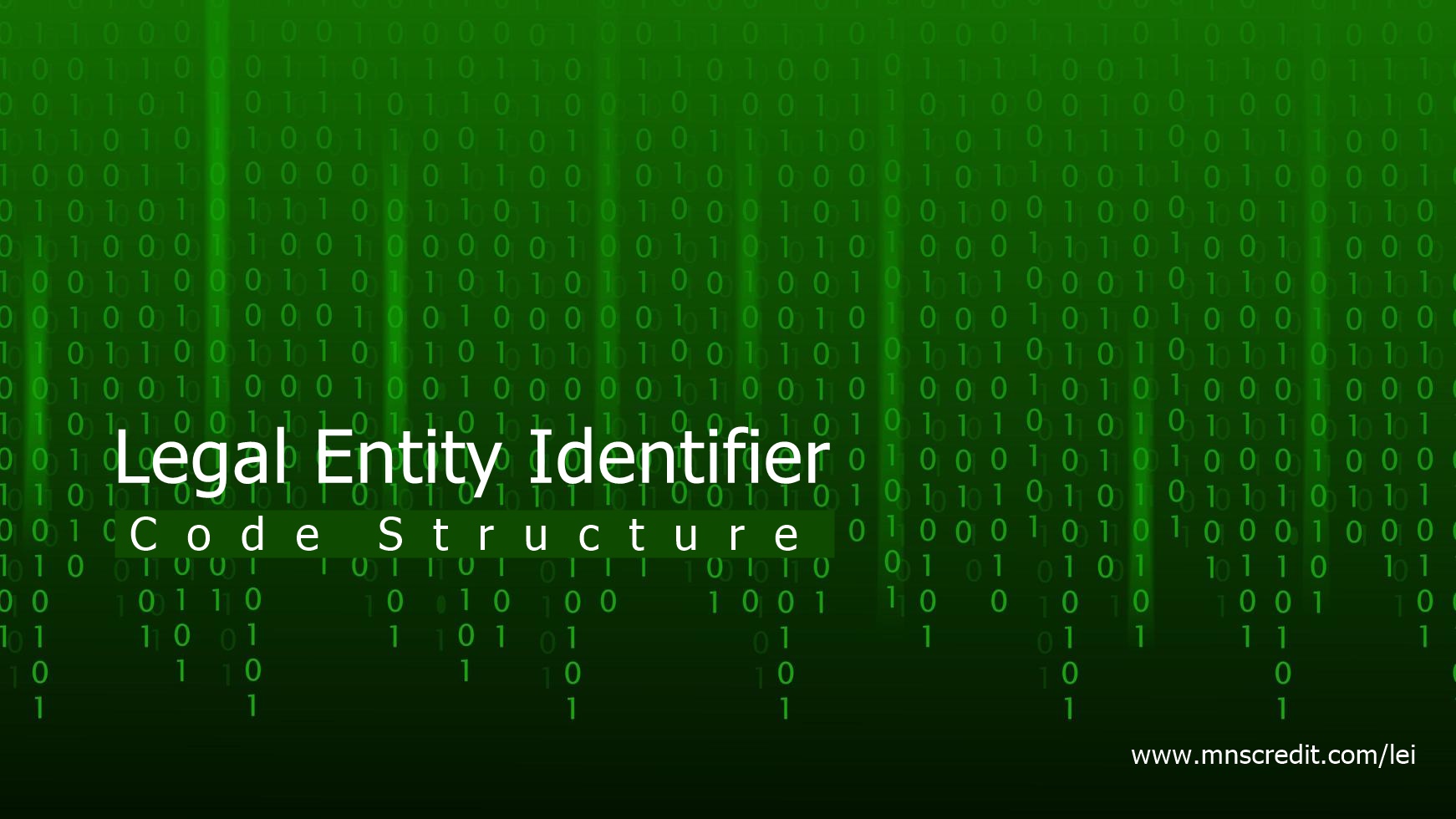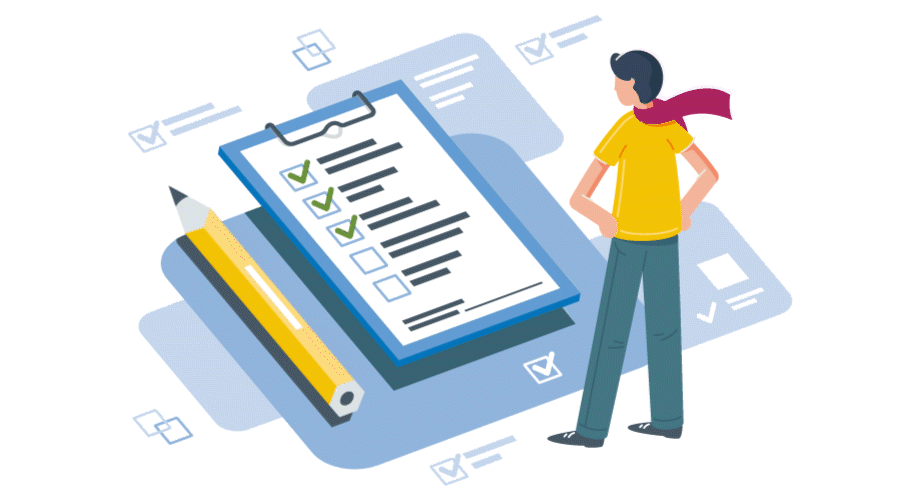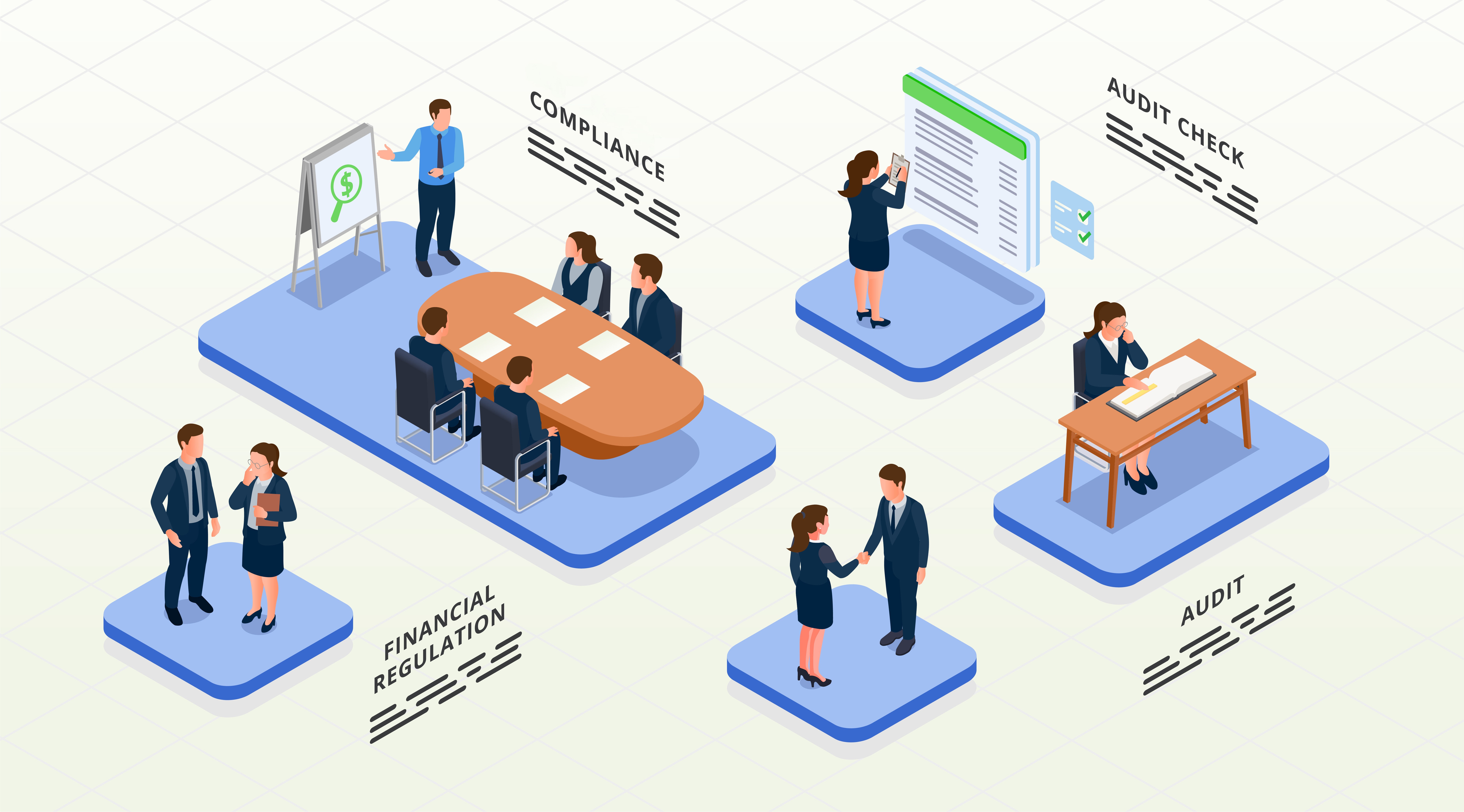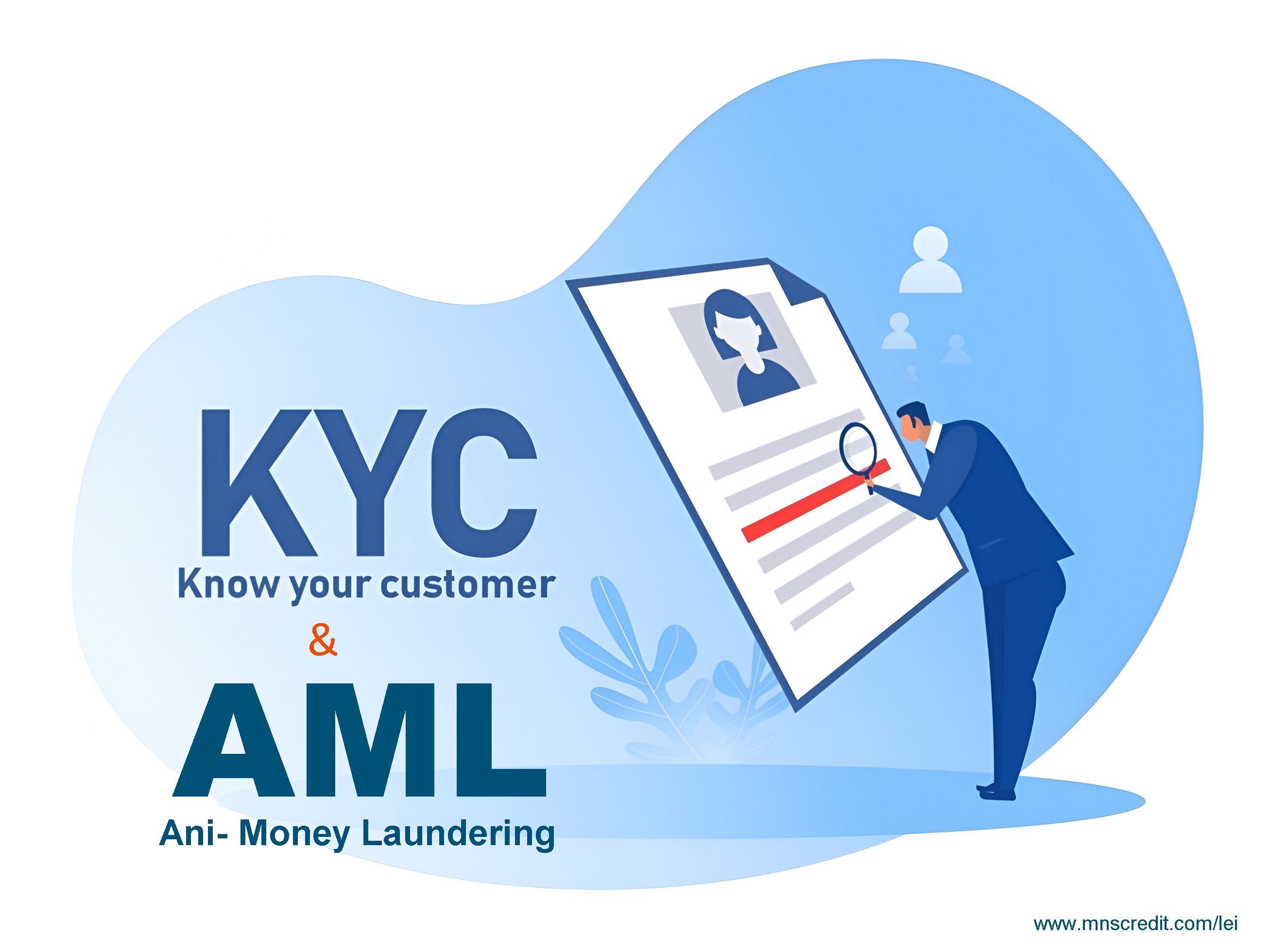A corporation or agency that recovers money owing on past-due debts is known as a debt collector. Many businesses that owe money to creditors use debt collectors, who work for a fee or a portion of the total amount collected. Some debt collectors are also debt purchasers; these businesses buy debt below its face value and then make an effort to collect the entire amount owed. If you manage to invoice for a business or operate a business, you are aware of the stress that unpaid invoices may cause. Your industry and clientele will determine how much money you can reasonably anticipate making on your own. Chasing after past-due accounts, however, can take up important time and staff resources.
Another name for a collection agency is a debt collector.
• It is the job of a debt collector to recover past-due bills owed to creditors.
• Debt collectors often receive a portion of any money they are able to recover.
• Debt collection is closely controlled in order to protect consumers from overbearing collectors. Some debt collectors purchase past-due bills from the creditor at a discount and then attempt to collect on their own.
You must receive payment for the goods or services you provide in order to keep your business sustainable. However, not all clients can be trusted. If you run a business, you probably don’t have much free time. In an endeavor to recover past-due payments, you might not have the time to call or write to the debtor frequently. The difficulty of collecting on debt increases with age. Employing a debt collection agency can be quite advantageous for your company if your requests for payment have been refused.
For good reason, many business owners have an image of debt collectors in their minds. In the past, anyone could open a collection agency without having to register or follow any regulations. Debt collection agencies are now governed by laws and regulations. Hiring a debt-collection agency is one of the easiest methods for you to return to focus on your business while someone else handles the debt-collection process. Here are five benefits of working with a debt-collecting company:
Today, there are numerous rules that regulate the debt-collecting industry, and knowledgeable clients won’t think twice to file a lawsuit if their rights are abused. Since debt collection companies are aware of this, they are knowledgeable about these laws. The laws that govern the state in which the agency has a licence are also familiar to third-party agencies as well as the federal collecting laws. You can avoid the legal hazards associated with trying to collect debts on your own by allowing a debt collection firm to do so on your behalf.
Employing a collection agency boosts your chances of recovering past-due payments because collection organisations have experience collecting outstanding debts. While managing your business is your main priority, collecting debts is a collection agency’s top priority.
Collection agencies pose a considerably larger threat to borrowers than you do, and a trained professional knows the best ways to lawfully compel debtors to pay.
Debtors frequently make plans to repay their debts in order to prevent damage to their credit, as a collection account negatively impacts a debtor’s credit score for many years.
Since they are aware that every business owner has a unique set of requirements, collection agencies offer a variety of services that are compatible with different business models. Most likely, a debt collection agency has a program that complements the business strategy of an organization. A success fee is paid to some debt collection agencies based on the amount of debt that is successfully collected, while others charge a flat fee. When you visit with a collection agency, enquire about their numerous programs. This will be helpful while you look for the best collection agency.
Collection companies keep track of all communications with debtors. The debt collection company will have complete records of each time they attempted to contact the debtor should you decide to sue the debtor in the future. This supporting evidence shows the court that you worked hard to get the loan paid back. You also need to have this proof for your tax records if you plan to deduct the bad debt from your income. The IRS will seek proof that you looked into all possible options before declaring the debt as a deduction in the case of an audit.
People pay you more frequently and quickly when you work with a debt collection agency. Some debt collection agency provides services that quicken the payment process, enabling you to receive your money more quickly. These services integrate with your current billing system. You won’t have to waste time looking for your clients if you work with a debt collection agency. You’ll have more time to concentrate on what matters most, which is your business because it will save you time, money, and energy.
Want to give your business Global Validation and Legitimacy?
Apply for LEI Registration with MNS
(A validation Agent Appointed by GLIEF for issuance of LEI in India)
Utilizing particular types and structures of trade financing products can help you manage risks, which is essential for expanding a profitable trading business both locally and globally.
Because there are linguistic, cultural, political, legal, and financial distinctions between local and international trade, the latter entails far higher risks than the former.
The primary categories of risk that international trade financiers may encounter are outlined in this article.
Collecting Debts In An Amicable Manner
Pre-legal debt collection, also known as amicable debt collection, is the process by which a debt-collecting company obtains your invoices without the need for judicial action. Their primary method is to resolve your debt-collecting issue before going to court. In fact, this stage of the process sees successful collections in 98% of cases that are resolved, making it considerably more effective and affordable for your debt collection case.
Debt collection agencies have access to a range of tools to get in touch with your debtor and ensure that the claim is paid during the pre-legal debt recovery process. The specialist and analysts approach your debtor by phone, post, and e-mail.
In the pre-legal debt recovery phase, a debt collection agency always starts by sending a payment reminder. In this letter, they kindly remind your debtor that there is an unpaid invoice and request your debtor to complete the payment. In certain cases, they also indicate that legal action may be implemented if the letter is ignored.
If the debt collection agency cannot contact your debtor by post, then they will call your debtor on your behalf. During the pre-legal debt collection phase, debt collection specialists focus on the following three points.
The following are a few problems we run into when addressing instances that have an impact on the debt collection process:
Typically, exporters provide us cases very slowly for a variety of reasons, including
Sometimes exporters fail to understand the defaulters’ true motives, they continue to believe that their debts will be recovered based on the debtor’s deceptive assurances, or they decide not to involve a third party in order to preserve their chances of doing business with the defaulter in the future.
And by the time we receive the cases from the exporters, the majority of the debtors have vanished, are no longer traceable, or have worsened in terms of their financial situation.
The likelihood that an amount will be paid decreases as time goes on.
When the case is assigned to us we immediately starts pre-legal efforts for amicable settlement for the entire overdue amount. With rigorous follow-ups with the debtor and maintaining pressure on him to remit the amount, the debtor finally agrees to pay but many times the debtor puts some conditions such as:
When this occurs, we make every effort to make the settlement conditions as favorable to the client as possible. However, once we are confident that the debtor’s request will only be accepted by exporters, we make the appropriate recommendations for the requisite permission.
However, this necessary assent is frequently either withheld or accompanied with conditions that the debtor finds objectionable.
AND frequently, this has absolutely no recovery effect.
No exporters’ consent to litigation: Only when we believe the odds of recovery are good but we do not have permission to proceed, do we advise lawsuit to the exporters.
Exporters withhold information or documentation: The fact that customers frequently withhold information from us at the time of case assignment hinders our efforts to recover it. Therefore, we are like doctors for bad debts and must be fully informed about each case in order to develop the best recovery plan.
While we are in the heart of the advanced stage of the recovery procedure, the exporters will occasionally communicate with the debtors, compromising the very purpose of debt collecting and diluting the process. We should stay away from this because it directly and negatively affects our activities and productivity.
• The debt collection firm makes every attempt to recover past-due sums in a moral and legal way.
• No legal proceedings are initiated without Client’s written authorization.
• All payments are generally collected through banking channels in favor of the Client only.
• Without obtaining the Client’s prior written consent, MNS has no authority to bind the Client to any particular course of action or to compromise the amount of the debt.
• Without the client’s express written permission, no legal action is taken.
• In general, all payments are solely collected in the client’s favour through banking channels.
• MNS shall have no authority to bind the Client to any course of action or to compromise the amount of the Debt without the prior written permission of the Client.
• When the Client receives any payment from the Debtor in full, in part, or in installments following the assignment of the claim to MNS, MNS is entitled to its fees.
• To exert pressure for a quick recovery, MNS is permitted to seek the principal amount as well as interest and costs at the current rates and in accordance with the debtor country’s laws.
• The first-time frame for the claims is six months. After six months, MNS will continue to work on the case if there are any significant developments, such as the case receiving a payment proposal under an installment plan, ongoing litigation, or ongoing negotiations.
The client will not pay the debt collection firm anything if we are unable to collect unpaid debt. One of MNS Credit Management Group’s USPs is “No Recovery – No Fee,” making it one of the greatest contingency fee-based debt collection agencies in India. For the client, it is an unqualified win-win situation. After stuck money, customers don’t spend good money.
The specialists converse with the debtors in their native tongue because they are familiar with their traditions, local laws, and time zone as well as their money.
Debt collection agency offer quick outcomes through knowledgeable on-site employees. The parties are always kept up to date on the case’s progress. We are able to recover significant amounts of money because to our thorough location and tracing systems.
If an agreeable arrangement cannot be reached, overdue amounts are recovered through affordable judicial processes.
Business reports monitor the performance of your organisation, and the data acquired is applied to a number of goals. By helping business leaders create budgets and plan activities for the upcoming year, using report data to support and justify decisions, it facilitates strategic decision-making.
Monitoring and reporting over time can show not only issues but also chances for growth and expansion. This is one of the complementary areas of expertise of the top debt collection agency MNS Credit Management Group, who not only have a wealth of knowledge in debt recovery solutions, but also provide business solutions in the form of reports that can be used to monitor past operations and identify potential for future growth by highlighting already proven successes or what else could be done.
On or after the date of turning over the debt information to MNS, any collections or recoveries are achieved by the Debtor—via the processes of an amicable settlement.
The entire collection process will be handled diplomatically to avoid disrupting the already successful business relationship between the creditor and the debtor.
For prelegal and amiable settlement negotiations, MNS fee structure is completely contingent (No Collection-No Fee).On reviewing a study of the documents, a specific fee percentage can be given for Domestic or International recovery.
A debt collection agency is a business that lenders or creditors utilise to recover money from accounts that are past due or in default. After numerous unsuccessful attempts to collect its receivables, a creditor frequently hires a collection agency. The debt collection work may be delegated by a lender to a third party (the collection agency), or it may be handled by an internal division or a debt-collection company.
Lenders utilize two services to remove bad debts and written-off debts from the liability column of their balance sheets: debt collectors and debt buyers. Companies called “debt buyers” buy past-due accounts from businesses for a small portion of what is owed to the lender. Debt collection is the process of pursuing the borrower to collect the debt.
Usually, when you take out a loan from a business, you only have dealings with that business as long as you pay your monthly installments on schedule. However, your relationship with that lender is in affected if you fall behind on your payments.
One should make such a choice carefully. When communicating with clients or conducting the inquiry itself, a debt collection firm should always act with the utmost professionalism so as not to interfere with ongoing operations. In addition, it is important to take into account their extensive experience and global presence when requesting a debt collection.









